The opening day of the event organized by METEM witnessed important messages regarding the current situation and future of the Turkish steel industry. Speaking at the panel, Uğur Dalbeler, General Manager of Çolakoğlu Metalurji, made remarkable evaluations on many issues ranging from the carbon border adjustment mechanism to energy costs, emission calculations and production strategies.
“As the scope expands, things get more complicated”
In his speech at the panel, Dalbeler made evaluations on the Carbon Border Adjustment Mechanism (CBAM), which the European Union plans to put into practice, and stated: "If you want to solve a problem, simplify it first. The more we expand the scope, the more complicated things become. In this sense, the CBAM is an uncertainty created by Europe. It is neither clear exactly what it will be nor how it will proceed. Therefore, it is better for us to focus on our own position as Türkiye instead of discussing this issue before it is clarified."
“Turkish steel industry emits carbon below the world average”
Dalbeler stated that Türkiye's current steel production structure is in an environmentally advantageous position. Emphasizing that the carbon emission of a ton of steel produced in Türkiye is far below the world average, Dalbeler noted, "We need carbon in steel production and this is inevitable. However, Türkiye has a significant advantage in this regard. Our industry realizes one of the lowest emission productions in the world. We have been working hard in this field for years."
“The amount of scrap is not sufficient for flat production”
Referring to the limited potential of production based on scrap steel, Dalbeler stated, "Today, 1.8 billion tons of steel is produced in the world and two-thirds of this is produced from ore. Scrap consumption is concentrated in certain regions, but the amount of scrap is not enough for flat product production. Europe wants to build arc furnaces everywhere, but most of the scrap goes to the production of long products."
“The solution is to reduce emissions from blast furnaces”
Stating that the sector should focus on realistic and scientific solutions, Dalbeler noted, "Far Eastern countries are taking clearer steps in this regard. They are focusing on how they can reduce the emissions generated by blast furnaces. Europe is trying to increase production with scrap, but scrap is limited. So we need to be realistic and focus on where we need to look for solutions."
“It may be possible to reuse carbon”
Touching on carbon capture and recycling technologies in his speech, Dalbeler explained, "Carbon emission per ton in blast furnaces is 2.2 tons. This figure is expected to drop to 2 tons in 2030 and to 1.8 tons afterwards. However, considering that steel production will also increase, the emission will remain constant. The second important step here may be to capture and reuse carbon."
“We need to increase efficiency and limit emissions”
Stating that efforts to increase the efficiency of the sector should be prioritized, Dalbeler continued: "If we can increase efficiency in the production and consumption of steel, the amount we need will decrease. In addition, just as there are emission limits in traffic, similar rules can be introduced in steel. Sincere and joint decisions should be taken."
“Energy costs and investment environment challenge competitiveness”
Stating that labor costs and energy prices have increased significantly in Türkiye in recent years, Dalbeler pointed out that this situation negatively affects global competitiveness. "Compared to the US, energy prices are almost double. The investment environment has also become quite costly. Even the cheapest land in Türkiy is 500-600 dollars. However, in the US, local governments welcome investors by standing up, and land is given free of charge. We need to rethink in order to survive in this competitive environment."
“Let's look at our advantage instead of getting hung up on the CBAM”
Finally, emphasizing that Türkiye has significant advantages compared to its competitors in the European market, Dalbeler concluded: "While we talk about CBAM, we should not lose sight of the real issues. Many countries in Europe have higher energy and logistics emissions than us. As the Turkish steel industry, we have an advantage in this sense. For this reason, we need to clearly analyze our position and determine where we will direct our strength."


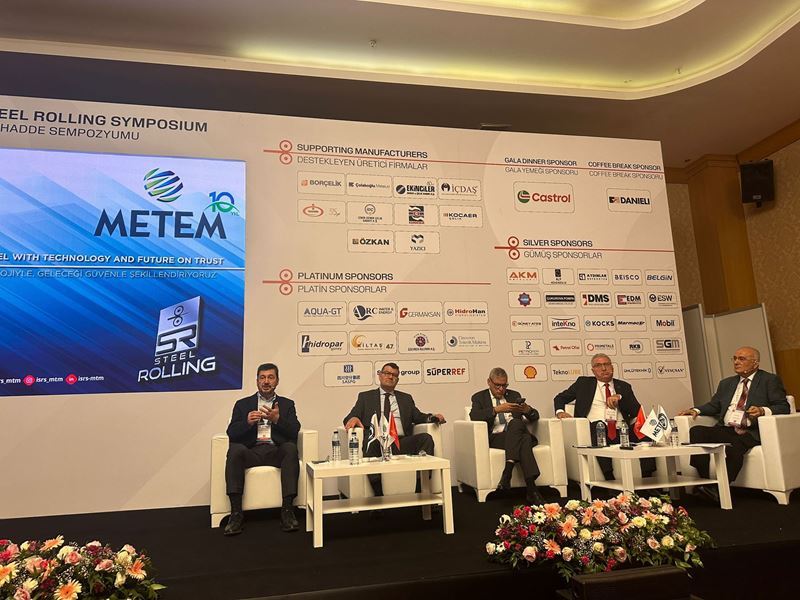
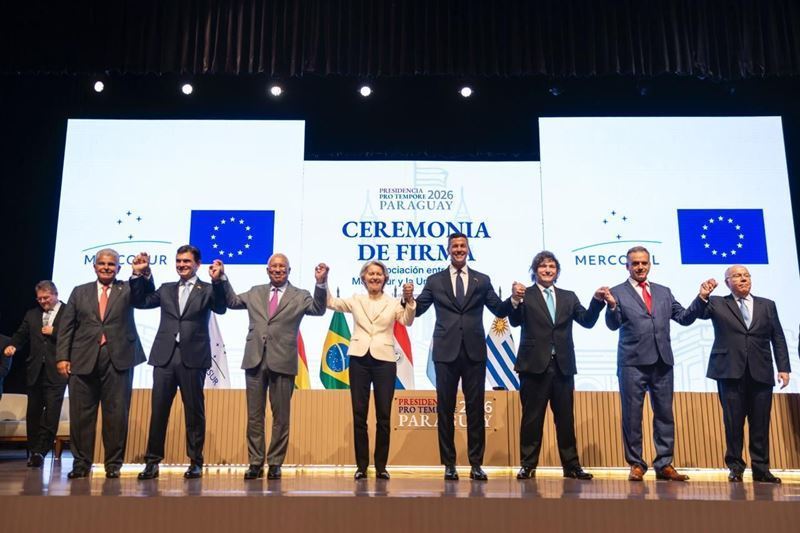
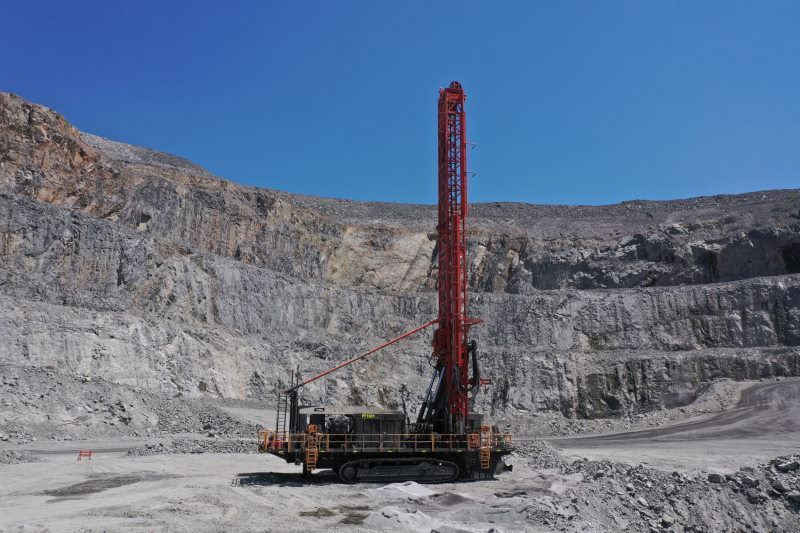
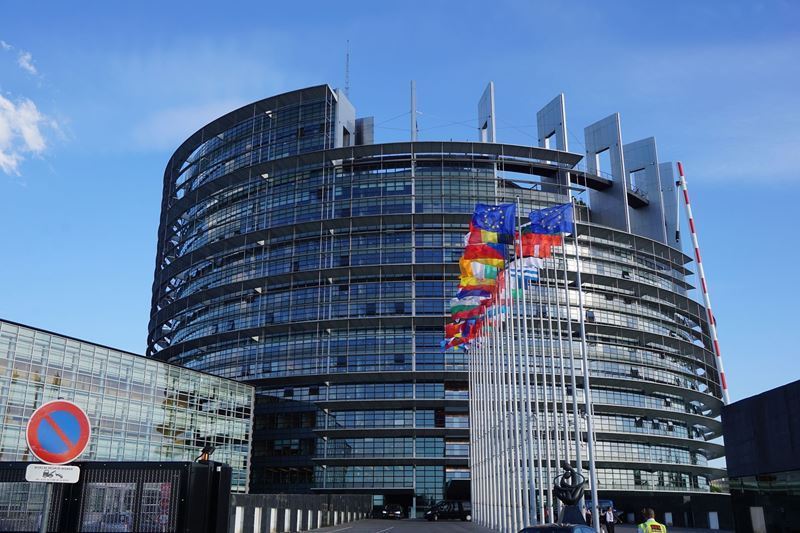
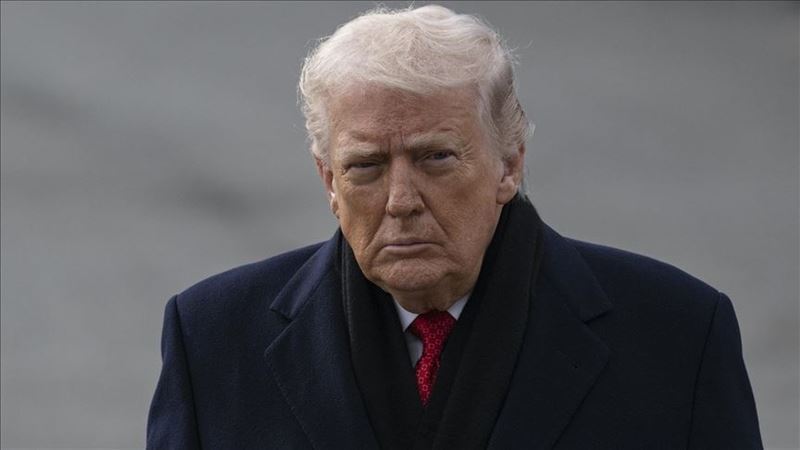
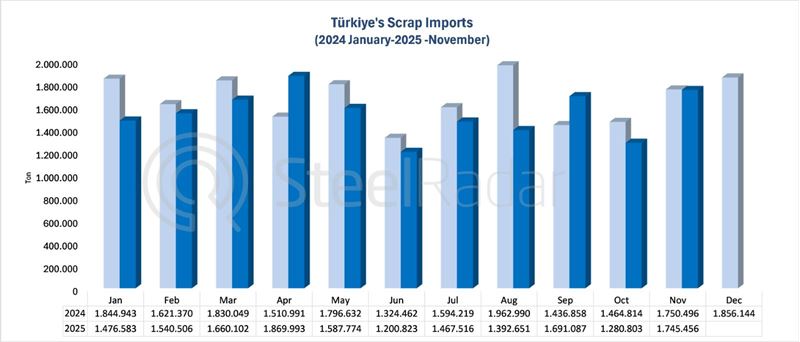


Comments
No comment yet.